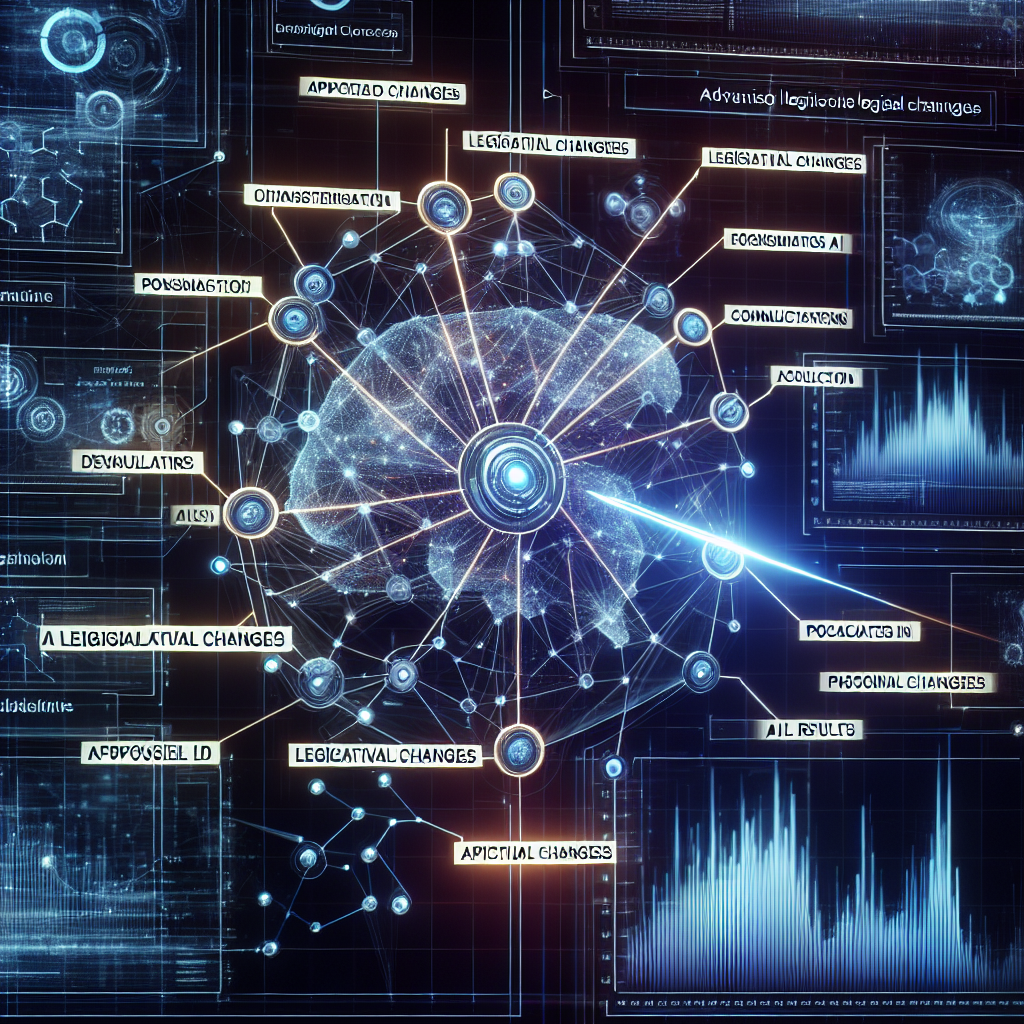In a world dominated by algorithms and data-driven decisions, we’re experiencing a cultural shift in how we perceive societal matters – one of which is voting rights legislation. The essence of this article brings to light an unusual intersection between legislative decisions and scientific principles.
Policy Overview
Central to our discussion is the ongoing debate around voting rights legislation. Broadly speaking, these policies aim to remove barriers that prevent eligible voters from casting their ballots.
Historical Context
Historically, there have been several instances where neuroscience has influenced human behavior studies, which has indirectly shaped policy formulations. With this precedent in mind, can neuroscience provide insights into voter behavior and contribute towards fruition of fair legislature?

Stakeholder Perspectives
‘The intricacies lie not just in drafting laws but understanding why they work or don’t,’ asserts Dr. Lara Greene from Stanford University’s Neuroscience department.
‘Algorithms can provide an unbiased layer to decision-making if deployed correctly,’ opines Mr. Alan Turing from AI Ethics.
Economic Impact
Beyond direct implications on electoral outcomes, better voting rights legislation can stabilize political landscapes leading to positive economic impacts at large.
One of the primary hurdles is dealing with pre-existing prejudices and biases. Add to that, understanding how algorithms can mitigate these problems without introducing new ones.
A visible decrease in voting discrepancies across demographic groups would be a progressive starting point.
Alternative Approaches
An alternative approach could involve devising more explicit penalties for violations and deterrents than enhancing ways to allow more people to vote.
Future Projections
The confluence of neuroscience, AI, and legislative decision-making might appear futuristic and dystopian yet holds promise to potentially eradicate systemic discrimination.
Recommendations
To progress towards this goal requires open-minded legislators willing to operate at the intersection of various disciplines.

